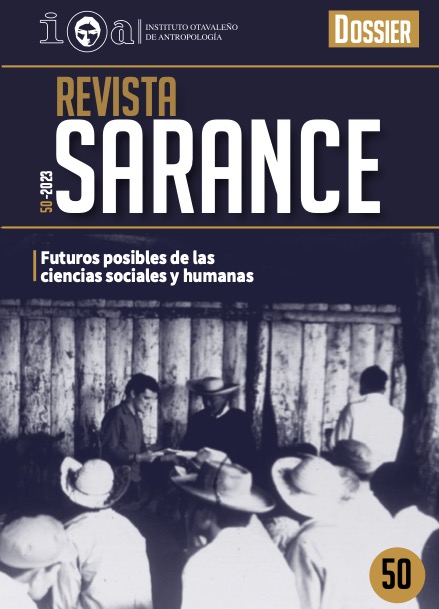Abstract
Psychoanalysis occupies an essential, although little recognized, place within the social sciences. It is based on listening to the subject of the Unconscious, that is, the subject shaped by the values and knowledge of his language and culture. Current psychoanalytic theory pays almost exclusive attention to the postmodern individual, despite the constant interest that Freud and Lacan expressed in the thought and cultural expressions of societies living far est. Psychoanalytic anthropology, in its effort to improve its knowledge of the human condition in its universality, gives importance to the voices of other human beings and to a different listening that allows it to test its concepts and deepen its theory and clinical praxis. At the same time, its approach to groups that live far from the centres of domination allows it to attend more adequately mental health problems and offer respectful psychic accompaniment, as well as helping to create spaces for socio-political mediation between official speeches and other structures of thought. In this sense, psychoanalysis and psychoanalytic anthropology constitute a very productive space of articulation between the various social sciences.

This work is licensed under a Creative Commons Attribution-NonCommercial-ShareAlike 4.0 International License.
Copyright (c) 2023 Array





